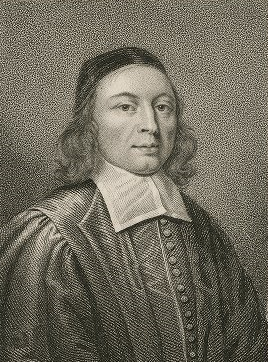These excerpts are from the book’s Introduction. Accompanying photographs are here>>
 The decision was made on a long walk
The decision was made on a long walk
At the time Jill and I married our expectations were for me to resume a career as a funeral director. Instead, we lived and worked in four Asian countries, and I worked on projects in 20 or so other nations.
The urging of people to write about the experiences that occurred in a 40-year period of our lives was easy to dismiss because I always felt that when I get to the end of my life, and should I ever have achieved anything, then it would be obvious to anyone that Providence did it. But then I took a long walk. During a life-work transition I walked with Jill on the world class Bibbulmun Track in Australia, all 1,000 kilometres of it.
The synthesis of hiking and stimuli to reflect on life’s experiences coalesced into a realisation that maybe a narrative based on journals I wrote during a period of my life could be of interest to others.
 Providence
Providence
God is explained as Providence (with a capital P) ‘conceived as the power sustaining and guiding human destiny’[1] who will uphold, guide and care (Psalm 103:19) through works of providence (lower-case p).
Providence. I like the word, even though it’s infrequently used nowadays and unfamiliar to many. Providence. I like the sound of the rolling three syllables that simultaneously identifies God as a tangible force of divine guidance or care and explains the sustaining performances of providence
[1] Oxford Dictionary. https://www.lexico.com/definition/providence
 John Flavel was the inspiration
John Flavel was the inspiration
John Flavel was a 17th century English clergyman and prolific author. Flavel wrote a book about Providence. It is a wonderful little book, easy to read (albeit with the quaint English language of Flavel’s time). Flavel argues with an eloquence that remains as convincing today as then, in the 1600s, as in this explanation of the guiding hand of providence in a passage with fewer words than the book’s title:
Providence is like a curious piece of arras[2] made up of thousands of shreds, which single we know not what to make of, but put together they present us with a beautiful history.
Flavel strongly implored people to keep a written record of the workings of providence in their lives. As it happened, I had been keeping journals for some 40 years. Only when I made systematic and comprehensive deep dives into my own writings for this book did I uncover previously unrecognised blessings.
It is impossible to perceive our lives from one of thousands of events. On the other hand, it is possible to discern the beautiful history when we put them together. A review of journals and correspondence brought together perspectives that made it possible for my life to be understood.
[2] A wall hanging or rich tapestry, Macquarie Dictionary Online.
 The dominant theme
The dominant theme
My intention is for the dominant theme to be an account of the works of providence. The line of tension I navigate is not only to achieve that theme by reflection and self-examination but also to avoid self-indulgence. I certainly do not want to make the mistake of convincing or deluding myself that what happened to me was in some way remarkable when in fact it wasn’t.
With such caveats, then, I offer revelations about being human. Some revelations are vulnerable honesty. There are patterns of despair but also hope, sadness but also joy, and discontent but also fulfilment.
If I am silent on some things, it is because the details are my business alone. Or they would be hurtful to others. Let it be sufficient to say that you ought not mistake that silence as indifference for those I’ve hurt. Neither is it disregard for errors made nor a lack of conviction for wrongdoing.
Although the decision to write was made while bushwalking, don’t look for metaphors, similes, or analogies of trudging a path with ups and downs, or of journeying through dense bush or landscapes of grassy fields. All I did was take a long walk, contemplate what people had suggested, and make a decision.
Walking up a mountain is the only hiking analogy I use and that is to separate the book into three parts.
Part 1, Ascent, covers about 20 years of preparation and wondering, What next? At the end of that ascent or preparation, I was ready for what was revealed at the crest.
Part 2, Crest, briefly outlines about 20 years of the next stage of the journey. Here is certainty and purpose.
Part 3, Perspective reflects on the ascent and crest in an attempt to understand what happened and how it happened. It is a reflection on how Providence turned preparation into purpose.
These excerpts are from the book’s Introduction. Accompanying photographs are here>>
